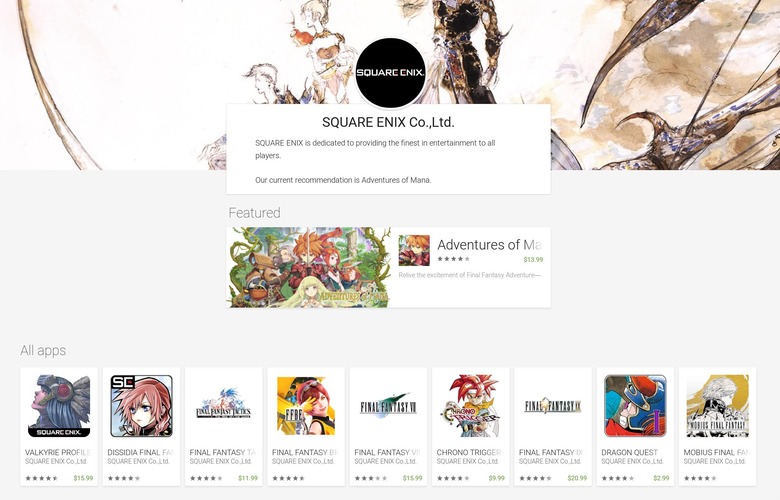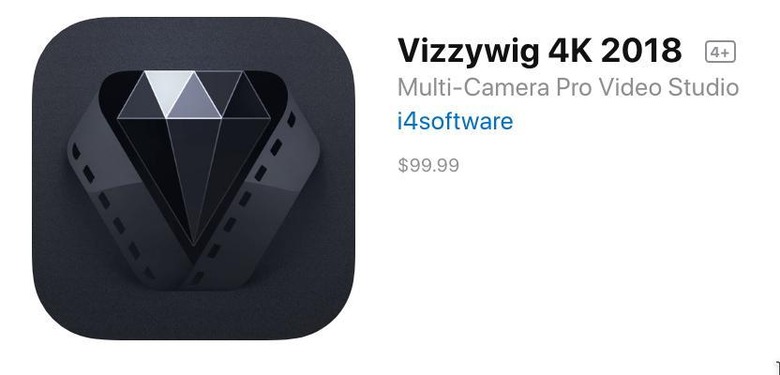Freemium Is Ruining Mobile Gaming's Chances
Mobile gaming, be it on Android or iOS, is pretty much a wild west at the moment, more than their non-gaming mobile app counterparts. It's an almost free for all buffet, with titles of wildly diverse qualities and a few standout games or companies. Not everyone makes it big and not everyone survives for long. And while there might be some money to be made in mobile gaming, particularly in esports, the market isn't stable enough to be profitable in the long-term. And a large part of that problem stems from the new, or rehashed, business model we, often derisively, call "freemium".
Square Enix Montreal and Go
Square Enix is by no means a small or inexperienced company. But as far as mobile games go, it can definitely be lumped together with the younger players in the market. Its Montreal office crafted a new style of mobile games around its popular franchises. The diorama-esque turn-based Go series for Hitman, Tomb Raider, and Deus Ex were met with mixed reception and success. But that wasn't enough to keep the game going.
Speaking to Pocket Gamer, Square Enix Montreal studio head Patrick Naud revealed that they are no longer working on any other Go games. It will only be a matter of time before they leave the existing ones to rot in obsolescence. Naud's postmortem is clear. While the studio still believes in mobile gaming in general, they have come to discover that there is pretty much no market for premium mobile games where you pay a certain amount upfront. Especially when that amount is greater than $5. A bit ironically, parent company Square Enix's mobile ports of its Final Fantasy and Dragon Quest series rarely fall below that figure.
A freemium game by any other name
The key word here is "premium". Majority of the games, and even apps, you will see on Google Play Store or the iTunes App Store carry a "Free" price with in-app purchases. The market has alternately called this business model as free-to-play, free-to-start (in Nintendo's case) or freemium. Whatever the name, they all mean the same thing. You get a game for free but you will eventually have to pay for perks or, worse, access to more content.
Games like Hitman Go, Lara Croft Go, and Deus Ex Go, in contrast, ask you to pay to even install the game in the first place. Square Enix Montreal discovered that alone is already a big deal for mobile gamers. The price tag, especially if higher than $2, is an even bigger barrier to entry. They concluded that mobile gamers are actually more open to make IAPs than buying a game outright, which is almost the complete opposite of gaming on other platforms, especially consoles.

Mobile expectations
Part of the blame for this situation lies with how the mobile app ecosystem grew up in general. The first few generations of mobile apps had to be free to even be installed. As much as they whine about the freemium situation, smartphone users have become more accustomed to getting their apps for free and simply paying for subscriptions or addons. At least, as long as it made sense and wasn't an obvious money grab. In other words, freemium was pretty much the only way app developers could get a return on their investment.
It is only now that there are apps that are becoming brave enough to ask for payment upfront, and some of them even reaching $10 or higher. While there will be fans who will try to justify the costs, those haven't always been received positively. Eventually, the tides may turn but, at least for now, freemium is the default expectation when it comes to mobile apps, despite how maligned the word or idea is.

Diminishing incentives, diminishing returns
Sadly, the mobile app market has skewed users' perception to the point that making good games is even more a business risk today. Sure, almost everyone can whip up a Flappy Bird clone thanks to the abundance of tools available, but making a good, quality mobile game requires substantially more effort and resources than a non-gaming mobile app.
To put it simply, games require more money to make than apps, and that money doesn't always come back easily, be it freemium or premium. There are fewer incentives for game developers to craft a well-designed game if they're unlikely to get back their investment through IAPs or upfront sales. And while the expectation of free already hurts their chances, the bias against IAPs, thanks to some unscrupulous developers and businesses, only make it even more difficult to make a living off mobile games.
Wrap-up
The mobile gaming market needs to change and fast. The esports market and the Nintendo Switch have proven that, yes, gaming on the go is a popular and, in rare instances, lucrative market. But it's not a stable one, as far as profitability goes, at least not yet. Either we need a new business model that addresses complaints about freemium and premium strategies or, better yet, change users' perceptions that mobile apps and games should always be free-to-play or free-to-start and that developers need to eat too.
